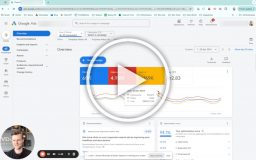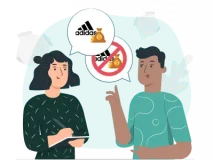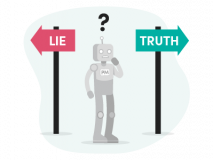This is not a long article about how you should create a marketing strategy, but I want to touch on the whole idea of not having a marketing strategy, just focusing on a bunch of marketing tactics that don’t intertwine or support each other.
I see it time and time again and tweeted about it not that long ago:

I will use the terms business plan and marketing strategy interchangeably throughout this article. For eCommerce businesses and, especially, people in marketing they will seem very similar, but, depending on your position, you will work with only one or the other.
The marketing team will mainly see the marketing strategy as the most important plan, while the CEO/CFO/COO will see the business plan as the main document and the marketing strategy as the supporting document—which I agree with.
“I understand, but what is your marketing strategy?”
A scenario we see from time to time is the following:
Advertisers often call us and say:
“Hi, Google Ads is not working that well for us. Can we discuss you taking over?”
We start chatting about their business, challenges, and opportunities. The question eventually gets asked by us: What’s your marketing strategy?
The answer I dread comes:
We just do Google Ads.
Yeah, gotcha. But that’s not a marketing strategy.
Google Ads can be a primary driver in your marketing strategy, but it’s still just a part of your plan.
Granted, I can sometimes make up a marketing strategy based on their general answers to other questions, but having a marketing strategy matters, and having a business plan matters as well. It’s all about helping your business to stay on track and not chase every single marketing channel out there.
Instead, you should focus on the marketing channels that support your business plan.
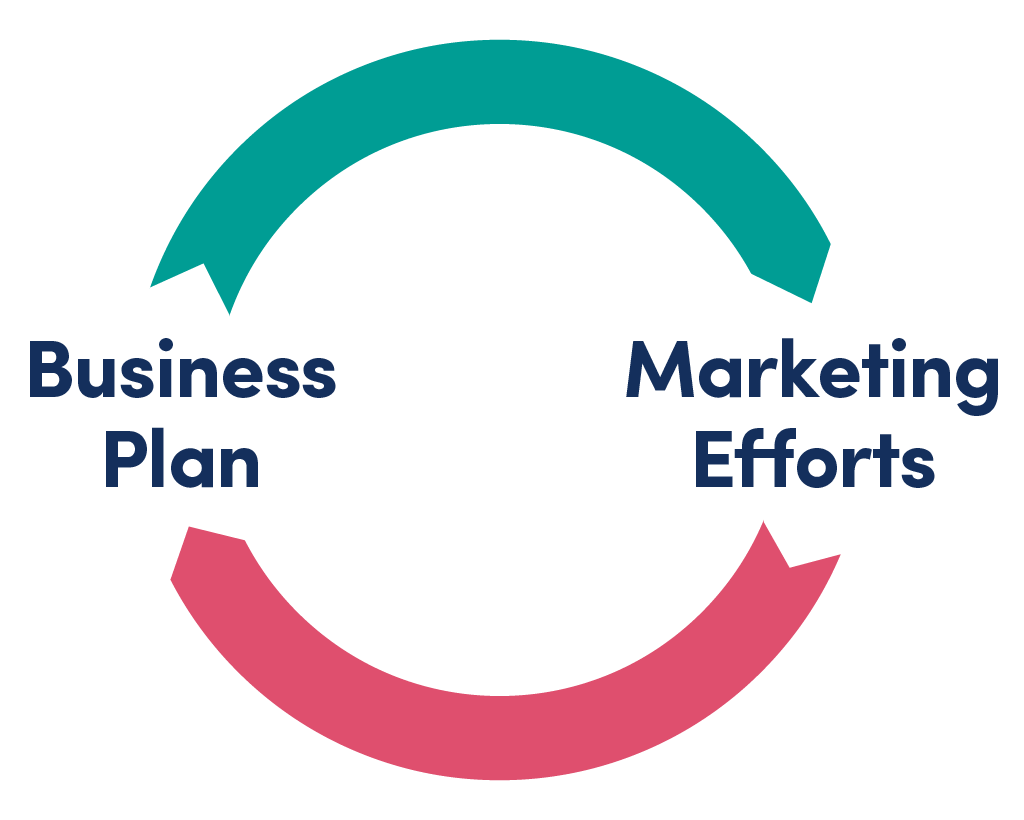
Building a Flywheel
You want your marketing strategy to support your business plan, and you want both to reinforce your major marketing channels.
If Search is a big part of your marketing strategy, then you need to support it with the components that matter for Search to be effective:
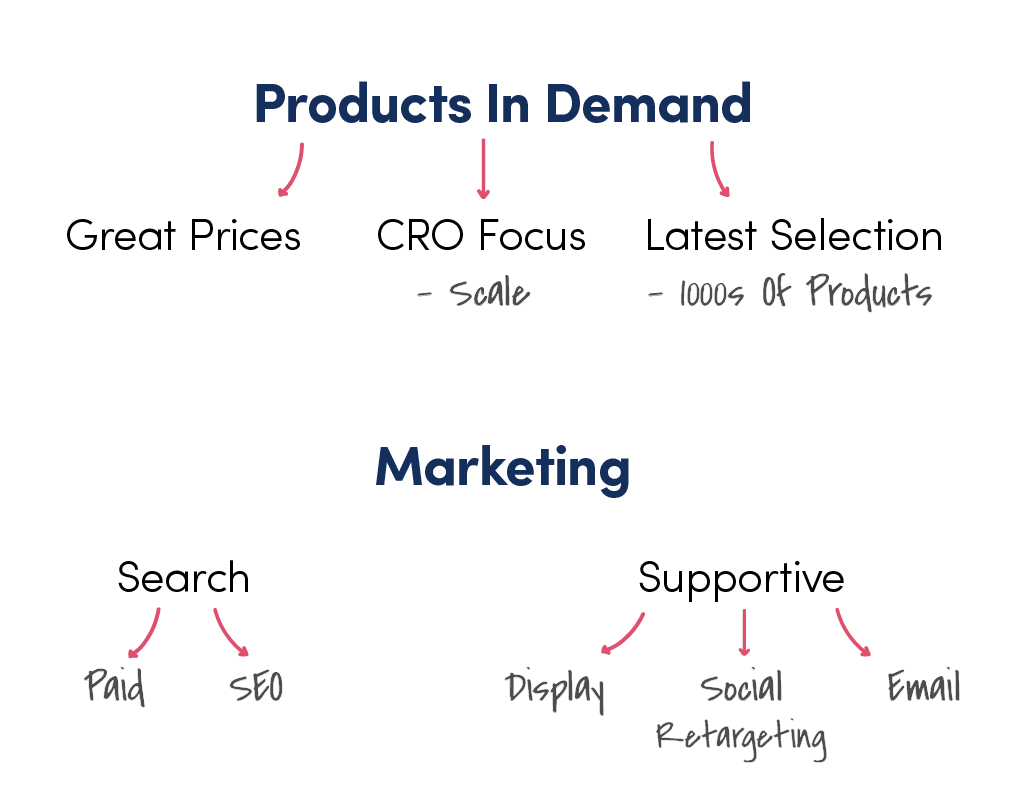
- Products people search for
- Competitive prices
- SEO is an amazing supporting channel
- Understanding that your primary entry pages can be on many levels
- Social/Display/Branding becomes a way to drive a higher CTR in Search and more branded searches rather than performance-focused.
You see how setting an overall strategy allows you to invest in the correct actions to support that channel?
The same principle applies if you go for a paid social strategy:
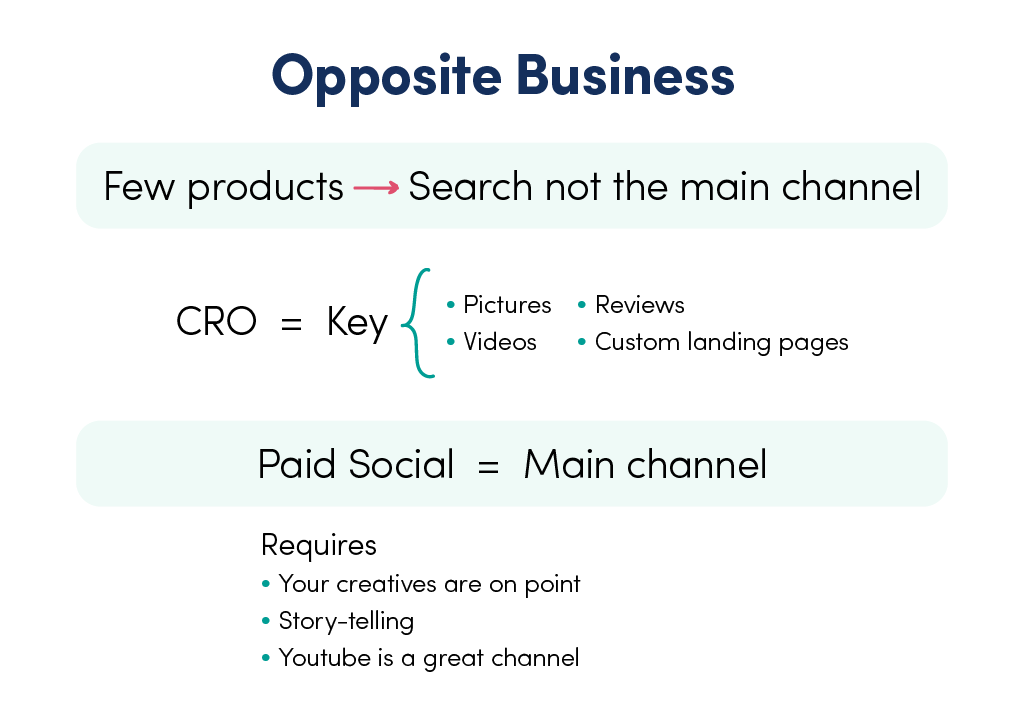
- Your creatives must be on point
- Storytelling competencies are important
- Custom landing pages are a must
- YouTube becomes an easy supporting channel, because you already have the creative capabilities
Marketing for such a business, such as Soundboks.com, becomes all about pushing a brand message rather than capturing demand.
These two examples are me painting in really broad strokes. Often, your individual marketing and business plan can have more granular aspects to it.
Paid Social Isn’t Working for You Because …
… you built your business on Search marketing.
Or, vice versa, you built it on paid social.
Let me start with an example.
One of our clients had a successful paid social program. It worked wonders.
Initially, when we took over their Search campaigns, they kept sending us these one-off product promotions, such as, “This one shoe in this one color is now on sale. Can you please promote it?”
It was one product among 20,000.
Running a sale on that one shoe made no impact on Search whatsoever. It was 0.2% of the revenue.
After a back and forth one day, they questioned our skills—and all agencies, actually—because we could never get a lot out of their promotions.
After digging deeper, it turned out that their paid social program was successful because they created massive content pushes around individual products.
They took pictures, gathered reviews, shot videos, and generally created a super cool vibe around one product at a time.
And, yes, you’ve probably guessed it. It’s the product they would run a promotion for later in the month.
The problem here wasn’t that we were bad. It was that those components—the content push—didn’t have any impact on Search. There simply weren’t enough people searching for that particular product to make any dent in the revenue derived from Search.
We agreed to start doing promotional activities that typically work well for Search: sitewide, category, and brand promotions.
Once they started doing category-wide sales specifically for Search, we started being able to push huge volumes as well. This time it was across a much larger inventory than their paid social program was able to promote.
So, they started being able to sell many more and different products, which made it easier to keep products in stock.
They didn’t stop their individual product pushes/promotions—nor should they—but now they have a marketing strategy that has a paid social component and a Search component (amongst others).
*Read our other article on what’s the right fit for your business.
Being Number One on Google Works Well Until It Doesn’t
The whole thing about having a marketing strategy is that you will know how to maneuver when you run into challenges.
If you have a marketing strategy with various components that you know are integral to its working, then you also know what components to review when something is wrong.
Let’s stay with our example from earlier, with a Search-driven business plan.
The components are:
- Products in demand
- Latest selection of products
- Products in stock
- Competitive prices
- A CRO-focused website with little friction
- An effective Search program
- Support for display/branding efforts
Not effective anymore?
Now, you can start asking the right questions …
- Are our products still searched for?
- Do we have the latest products from the brands we carry?
- Do we have a good mix of up-and-coming brands and the traditional ones?
- Is our in-stock rate competitive?
- Is our pricing still competitive?
- Is our shipping speed/price still competitive?
- Is our Search marketing still effective?
- Have CPCs increased?
- Competition increased?
- Do we have the right people for today’s challenges? Search vs. Shopping…
- Has our team grown with our business? 1,000 vs. 10,000 products …
… instead of just asking your agency, “Google Ads is less profitable than before—WHY?!”
When you have a business and marketing strategy, you know what components to dial in when things don’t go your way.
If Google Ads Have Never Worked for You, This Is Why
I have had friends who are business owners ask me why their agency sucks, I’ve had acquaintances ask me why Google Ads doesn’t work for them, and I have had countless clients ask me over the past 10 years why they haven’t had success with Google Ads.
These are the five scenarios I run into most often:
- No overall marketing strategy, so the supporting components are not in place (landing page optimization, retention, trial to paying customer focus, etc.)
- They’re B2B, meaning that their buyer’s journey is months, making Google Ads (or any marketing channel) hard to track accurately
- Not enough people search for what they are offering → Search shouldn’t be a main marketing channel
- Their offering is inferior to others in the market → Business plan problem
- Sometimes it is, in fact, a bad agency that did the basics wrong.
Yes, there are a ton of minor components to why it may not have worked for you, and it may not have been solely one thing, but, if Search has never worked you, it often falls back on the scenarios above.
Is This You? Do This!
If you feel like this article is talking to you, then there is only one thing to do:
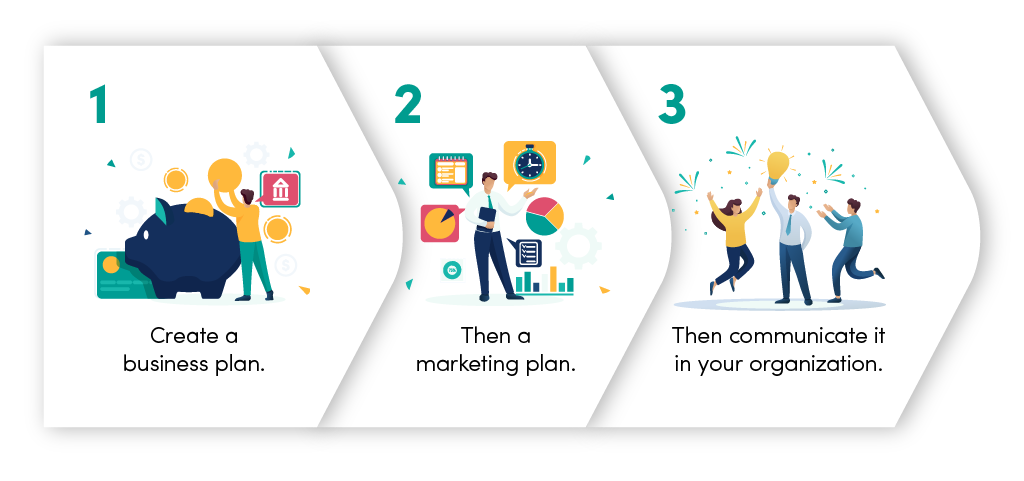
and then look at how your current activities support your marketing strategy.
What should you do more of? What should you stop doing?
It’s that simple.
But how do I create a business or marketing strategy?
Chances are you already have one. You just haven’t put the label “business plan” on it.
You most likely have a business plan in your head that you followed initially when the business started. As you grew your team, you started noticing that they were doing things 10% differently than you did. They didn’t think of all the components that you usually did.
Google Ads Is Not a Marketing strategy
So, no. A marketing channel cannot substitute for a well-written marketing strategy. I hope you have gotten a bit of hunger to write a marketing strategy that will work for your business.
And, as the smartest people in the world have said:
“You only have a plan … until you have a new one.”
So, create one now. Write it down on a single page and wonder about the details later.
You will be surprised at how well getting things down on paper works.
Webinar: eCommerce with Andrew Lolk
Still hungry for more of my take on eCommerce and how what you need to be doing?
Find more tactics in this PPC Town Hall:

